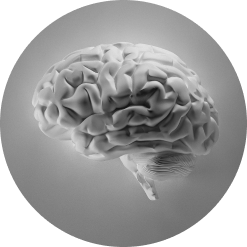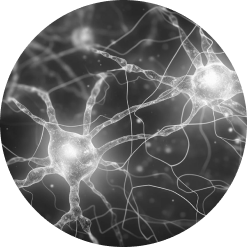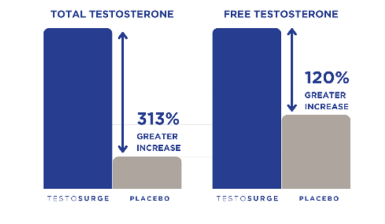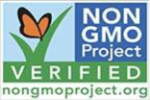OVERVIEW
- High Rosmarinic acid content
- Potent antioxidant activity
- Food preservation
VARIANTS
OVERVIEW
VARIANTS
HEALTH BENEFITS
Benefits of highly standardized Rosmarinic acid
USP
USP
SCIENCE
Scenario
Scenario
- According to research, around 30% of overweight men have Testosterone Deficiency.
- 38% of men above 40 have testosterone levels below 300 ng/dl.
- Above the 80-year threshold, more than 50% of men have testosterone levels below 300 ng/dl.
- As far as diabetes patients go, up to 24% of men have low testosterone levels.
- Low T-levels are harmful for all aspects, including physical, mental, and social
Reference:
Foundation
Foundation

A broad spectrum of systematic reviews and scientific data demonstrated that fenugreek and its extracts improve glycemic and lipid profiles. Fenugreek is known to have antioxidant, anti-carcinogenic, gastro protective, anti-inflammatory, antimicrobial, immunological, anti-obesity, and hepatoprotective effects, and are beneficial to women’s health. Further, previous studies reported that fenugreek improved cognitive functions and Parkinson’s symptoms and showed anti anxiety, antidepressant, and neuroprotective properties. A recent study has reported the beneficial effects of fenugreek and its extract on hormonal-related statuses, such as galactagogue in lactating women and male impotence.
The presence of fenugreek seeds in various traditional medicinal systems is due to their composition of diverse phytochemicals, including Glycosides.
Potential benefits of fenugreek glycosides in testosterone production include: Increased Testosterone Levels:
- Fenugreek supplementation may lead to an increase in testosterone levels, which could have positive effects on muscle mass, strength, and overall vitality.
- Enhanced Libido: Fenugreek has been traditionally used as an aphrodisiac, and its potential influence on testosterone levels may contribute to improvements in libido and sexual health.
- Improved Exercise Performance: Higher testosterone levels may be associated with increased exercise performance and muscle strength, making fenugreek an area of interest for athletes and those involved in physical fitness.
- Spermatogenesis Support: Testosterone plays a crucial role in spermatogenesis (sperm production), and fenugreek’s potential impact on testosterone levels may have implications for male reproductive health.
Mechanism of action
Mechanism of Action
Testosurge® is standardized to include a specific combination of steroidal and flavonoid glycosides. The steroidal glycosides in Testosurge® enhance the effectiveness of testosterone by competitively binding with SHBG. When testosterone is released into the bloodstream approximately 60-70% of it binds to SHBG. The steroidal glycosides from Testosurge® binds to SHBG and make testosterone free and bioavailable.
On the other hand, the flavonoid glycosides in Testosurge® play a role in increasing testosterone production. They achieve this by enhancing the expression of the steroidogenic acute regulatory (StAR) protein in Leydig cells. Testosterone is produced within the mitochondria of Leydig cells through steroidogenesis, where the StAR protein facilitates the entry of cholesterol into the mitochondrion.
Testosurge® has demonstrated inhibitory activity against5-alpha reductase and aromatase in cell line studies. 5-alpha reductase is an enzyme responsible for converting testosterone into DHT, while aromatase converts testosterone into Estrogen. This inhibition activity suggests that Testosurge® may help regulate the levels of these hormones in the body.
Additionally, Testosurge® can inhibit PDE5 enzyme which canresult in improved vasodilation and penile blood flow.
Efficacy
Efficacy
Human Clinical Study 1: Effects of Testosurge® supplementation on strength, body composition and hormonal profiles during an 8-week resistance training program.
Human Clinical Study 2: Effects of Single dose Testosurge® on serum testosterone levels of healthy sedentary male subjects
Scenario
Scenario
- The Lamiaceae family, or mint family, is a diverse plant family which encompasses more than 7,000 species and with a cosmopolitan distribution. A number of species from this family has been widely employed as ethnomedicine against allergic inflammatory skin diseases and allergic asthma in traditional practices.
- Rosmarinic Acid has remarkable biological effects, including antiviral, antibacterial, anticancer, antioxidant, anti-aging, antidiabetic, cardioprotective, hepatoprotective, nephroprotective, antidepressant, antiallergic, and anti-inflammatory activities.
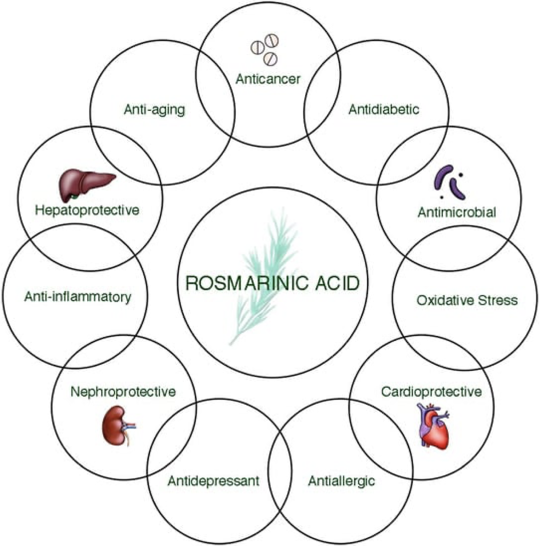
FOUNDATION
FOUNDATION
Mentha arvensis or mint is a renowned medicinal and aromatic plant. It is annual plant and cultivated in the tropical and sub-tropical regions under irrigation. Mint is used as flavouring agents in food, beverage, chewing gums, and candies. It is considered as healthy leafy vegetable because of its vitamins and mineral nutrients. Due to the presence of potential secondary metabolites, mint was employed to treat various disorders since antiquity in ayurvedic and Chinese medicines.
Its essential oil contains many components phenolic, aldehydes, ketones, and carbohydrates. Menthol is a fundamental component of Mentha arvensis essential oil. Menthol has also several industrial applications, especially in food, cosmetics, pharmaceuticals, and by-products.
Mint extracts can improve the digestive system, central nervous system, and respiratory system of the human body, and have anti-inflammatory antibacterial, antiviral, anticancer, antioxidation effects.
Mentha arvensis (Mint extract) has shown a cardioprotective potential via reduction of inflammation. It possesses a variety of bioactive compounds with cardioprotective and other medicinal properties, among them is Rosmarinic acid.
Mechanism
of action
Mechanism of Action
Ayurveda is a traditional science deeply rooted in Indian culture which gave an idea to the world “Let the food be medicine and medicine be food”. Foods being consumed in any form benefit a human body in various manner such as to Reduce stress, Reduce Inflmmation, Improves cognitive health and many others.
For millennia, Mint, also referred as Pudina in India, has been utilized as a versatile plant in food, medicine, and aromatherapy. It is used, from flavouring food and beverages to offering relief from a range of medical ailments. Research done has established the fact that benefits received from Mint is due to the various secondary metabolites present in the mint leaves. Rosmarinic Acid (RA) is one such secondary metabolite available in mint leaves which has well researched and published science showing various therapeutic benefits against several modern-day lifestyle disorders. Rosmarinic acid exerts various health benefits such as Anti-Microbial Activity, Anti-Inflammatory Activity, Anti-Depressant Potential, Antioxidant Activity.
Mintnext is a Standardized extract series derived from mint leaves. These extracts are standardized to Rosmarinic acid ranging from 5%,10%, and 15% by HPLC. The varied ranges of Rosmarinic acid in Mintnext show their potential health benefits through the following mechanism of action:
- Anti-Microbial Activity: Rosmarinic acid exerts antibacterial effects on various bacterial strains. It gives potent effects when taken along with antibiotics and thus reduces the dosages of antibiotics required. A study shows RA is potent antimicrobial agent to kill planktonic cells activity.
- Anti-Inflammatory Activity: Studies suggest Rosmarinic acid reduces inflammation by reducing pro-inflammatory cytokines and NF-kB down regulation. In addition, Rosmarinic acid also decreases TNF-α and cytotoxicity.
- Anti-Depressant: A preclinical study suggested that an acute dose of RA reduces the conditions of stress and migraine by upregulation of serotonergic, GABAergic, and dopaminergic pathway and provides protection against neuronal cells toxicity caused by corticosterone.
- Antioxidant Activity: Rosmarinic acid exhibits free radical scavenging activity by inhibition of Matrix Metalloproteinase activity
Efficacy
Efficacy
Role in pain management:
Scientific studies suggest that Rosmarinic acid helps due to its potent anti-inflammatory property.
Role of Rosmarinic acid in Cognitive Health:
Rosmarinic acid has potent radical scavenging activity which may help in cognitive health.
Role of Natural antioxidant in food preservation:
Rosmarinic acid is a natural antioxidant and can be used as a preservative for various foods.




